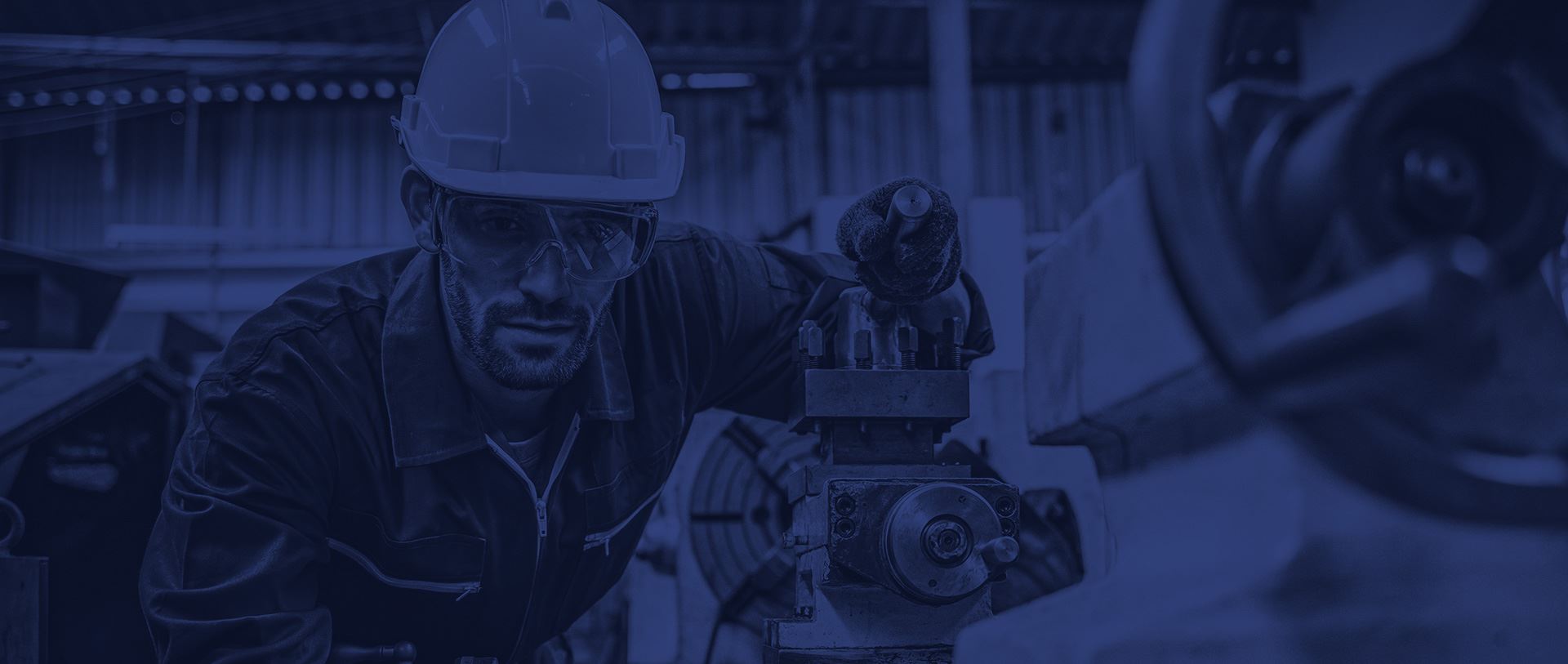Oakland Auto Workers' Compensation Attorney
Filing an Auto Workers Comp Claim
Auto workers and shop mechanics can be required to place themselves in precarious situations as part of their regular job functions, such as standing beneath a lifted vehicle to perform an inspection or repair. Despite employers knowing the latent dangers of auto shop work, injured employees might not get the fair treatment they deserve when an accident or injury does occur. Without a total understanding of workers’ compensation claims and insurance, an auto worker’s claim could be denied or delayed when they need help more than ever.
Please do not hesitate to contact us the moment you need help filing a claim or your claim has been denied.
At Pacific Workers', The Lawyers for Injured Workers, auto workers who have been injured on-the-job can find trustworthy and compassionate legal guidance and representation from our workers’ comp lawyers. With more than 130 years of combined experience under our belts, we are proud to be a prominent workers’ compensation law firm in the greater Bay Area.
How Our Team Can Help You
- Tens of Millions Recovered
- 130+ Years of Experience
- Free, No-Obligation Consultation
- Award-Winning Representation
Auto Shops Need to Provide Safe Environments
As discussed, an auto shop or mechanic shop may have certain unique dangers to the site. This does not mean that employers or parent companies can slack on safety regulations. Oppositely, it would imply that safety must always be the number one priority to minimize the chances of an accident occurring.
An auto shop worker might be injured due to:
- Falling parts hung or positioned above
- Lifting heavy equipment repeatedly
- Tripping over loose tools
- Illness linked to frequent chemical exposure
If any of these injuries, or one not mentioned, occurs, the auto worker should be provided some sort of workers’ compensation, assuming the injury was work-related or happened at the worksite. Eager to save money, a dishonest insurance company might reject any initial filing in hopes that the worker does not file an appeal in response. Do not forget your rights – always explore your options with a professional auto worker injury lawyer when seeking workers’ compensation.
Liability Should Not Be a Factor
In a personal injury claim, the plaintiff has to prove that the defendant was liable for the accident. In a workers’ compensation claim, this is not the case. If you were hurt while working in an auto shop, even if you were the only one around and you think it was your fault, you are not automatically disqualified from receiving workers’ compensation. If your employer has told you otherwise, it is untrue and our auto worker injury attorneys should be notified right away.
We want to help you recover comfortably – call (888) 740-6434 for a free consultation.

We have Helped OVER 12,000 CLIENTS aND WE CAN HELP YOU TOO!
-
They care, and they help injured workers!
“
They care, and they help injured workers!
”Darnell Hester
-
I'll recommend him always.
“I'll recommend him always.”
Bernadette L Mixon
-
Thank you again to everyone at Pacific Workers’ Compensation!
“Thank you again to everyone at Pacific Workers’ Compensation!”
Johnny
-
Communication is extremely important, and that has been A+ since the beginning!
“
Communication is extremely important, and that has been A+ since the beginning!
”Brandon Colbert
-
Highly Recommend Pacific Workers’ Lawyers
“Highly Recommend Pacific Workers’ Lawyers”
Asif Chashmawala
-
They didn't give up on me.
“Pacific Workers went to bat for me. Was I an easy person to get along with, no but they didn’t give up on me.”
David W.
-
Thank you for being so kind!
“I started my fight against my company's workers comp and after talking to Almarie for the first time I already felt a lot of weight off my shoulders.”
Jazzie D. Daly City, CA
Proudly Serving Northern California

Workers' Comp FAQ
-
Do independent contractors get workers’ compensation in California?
No, most independent contractors are not covered by workers’ compensation insurance that is provided by their employer. The law does not require most employers to offer this sort of employment benefit to independent contractors. To get workers’ comp as an independent contractor, you will usually have to purchase a policy on your own.
-
What benefits can I seek with a workers' compensation claim in Oakland?In California, if you've been injured at work or diagnosed with a work-related illness, you can file a workers' compensation claim to seek benefits that cover a range of expenses. These benefits include medical costs, lost wages due to time off work, compensation for future earnings if you're unable to return to work, and expenses related to retraining or skill enhancement if you need to switch professions. Given Oakland's high cost of living, it's important to ensure your claim is accurately filed to receive all the benefits you're entitled to.
-
Am I Eligible for Workers’ Compensation?
In California, all employees are eligible for workers’ compensation with very few exceptions. If you are classified as an “employee” (rather than an “independent contractor”), you are eligible to receive benefits. This is true regardless of how many employees your employer has, how many hours you work, how much you make, whether you work part-time or full-time, or whether you are a seasonal worker. Additionally, undocumented workers are also eligible for workers’ compensation granted they meet all other eligibility requirements. In contrast, independent contractors and certain other workers, including some volunteers, household workers who are employed by a family member, and others, are not able to file for workers’ compensation benefits.
-
Do I need to prove my employer was at fault to receive workers' compensation benefits?
No, you do not need to prove your employer was at fault to receive workers' compensation benefits in California. The state operates under a no-fault system, which means that as long as your injury or illness is work-related, you can file a claim for workers' compensation. This system is designed to simplify the process for injured workers to receive their rightful benefits without the need for proving fault.
-
My Employer Said That I’m an Independent Contractor, Not a Regular Employee, so I Can’t Get Benefits. Is This True?
You’re not necessarily an independent contractor by law if the nature of your job doesn’t fit the description, an attorney may help analyze your situation and guide you in this matter. There are high chances of contractors being eligible for workers’ compensation benefits, so it’s always worth trying.















